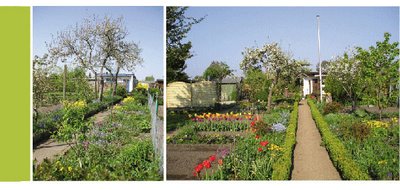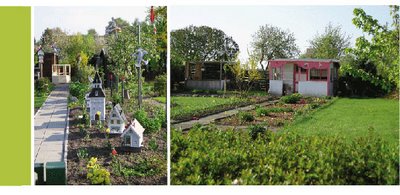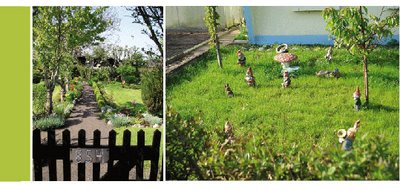In den vergangenen fünf Tagen waren die Kinder meiner Freundin zu Besuch bei uns. Julien ist 15 Jahre alt und Sara 11. Das ist vielleicht nichts Besonderes, aber für uns alle immer ein ganz besonderes Erlebnis!
Bevor ich von diesem Erlebnis berichte, muss ich eine etwas längere Vorgeschichte erzählen.
Ich kenne meine Freundin Lia nun schon seit über 20 Jahren. Wir haben 2 Jahre in Erlangen im gleichen Haus gewohnt: sie im 2. Stock, ich mit meinem Mann und meiner Tochter Anna im 1. Stock. 1987 kurz vor der Geburt meiner Tochter Fee hat Lia alle Zelte in Erlangen abgebrochen und ist mit ihrem Vater auf große Seefahrt von Schottland nach Grenada gegangen. Danach hat sie eine Arbeit in Lübeck angenommen, wo sie seit dieser Zeit lebt und auch eine Familie gegründet hat und zwei Kinder bekam: Julien und Sara.
Unsere Familie wurde 1992 noch mit der Geburt von Lisi bereichert, so dass wir jetzt ein 3-Mädel-Haus haben.
Trotz der großen familiären Veränderungen blieben Lia und ich in den letzten 18 Jahren immer in brieflichem Kontakt. Wir haben uns höchstens einmal im Jahr gesehen, aber der Kontakt ist nie abgerissen. Lia kam immer wieder gerne mit ihren Kindern vom hohen Norden Deutschlands ins schöne Franken nach Erlangen zu Besuch. Auch wir nutzten gerne die Kurzferien, um einen Abstecher zu ihrer Familie in Lübeck zu machen.
Dabei stellte sich ganz langsam und ohne Einfluss von Seiten der Erwachsenen heraus, dass sich unsere Kinder gut verstehen. Sie haben die gleichen Interessen, lesen die gleichen Bücher, hören ähnliche Musik und lieben die gleichen Filme. Es gibt immer etwas zu reden: über die Schule, die Freunde… das Gesprächsthema geht ihnen nie aus! Obwohl sie in unterschiedlichen Familien leben und in unterschiedlichen Lebenswelten aufwachsen, ist die Tatsache, dass sie sich so gut verstehen, wie ein Geschenk für uns Freundinnen, mit dem wir nicht gerechnet hatten.
Nun sind Julien und Sara letzte Woche schon zum 2. Mal alleine mit dem Zug von Lübeck nach Erlangen gefahren und haben die Strecke ohne unsere Hilfe gemeistert. Das ist wirklich eine tolle Leistung!
Ich erlebe die Beiden bei uns sehr harmonisch, verbunden und solidarisch: wie eine Einheit. Das ist zuhause vielleicht nicht immer der Fall?! Julien verhält sich wie ein großer Bruder, der Rücksicht auf seine kleine Schwester nimmt und sie ins Bett bringt, obwohl noch nicht seine Schlafenszeit wäre. Sara sorgt dafür für Julien mit, wenn wir beim Einkaufen sind oder es etwas zu verteilen gibt. Ich habe die beiden Kinder durch die Besuche ohne ihre Mutter auch mit ihren Stärken und Schwächen lieben gelernt, kann damit aber ganz anders umgehen, als z.B. mit den Schwächen meiner Kinder! Und wenn Sara das Heimweh dann doch mal drückt, schafft sie es, sich vertrauensvoll an mich zu wenden.
Wenn Julien und Sara bei uns sind, dann unternehmen wir immer etwas gemeinsam. So wird ihr Besuch auch für meine Kinder immer zu einem besonderen Erlebnis!
Als ich gestern mit meinen Kindern auf der Heimfahrt vom Bahnhof war, wo wir Julien und Sara gerade abgeliefert hatten, fragte meine Tochter: „Meinst Du, Julien hat in ein paar Jahren auch noch Lust, zu uns zu kommen?“ Was in ein paar Jahren ist, kann ich nicht sagen. Aber ich weiß, dass ich mich immer auf einen Besuch von Julien und/oder Sara freuen werde.





